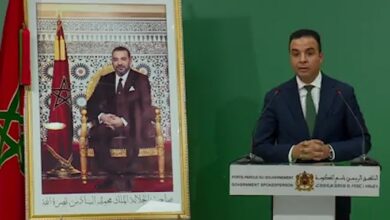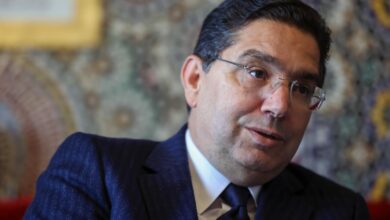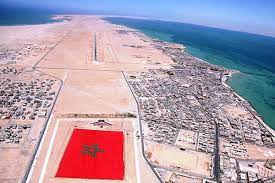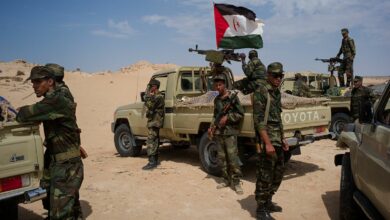Morocco and the Sahara: Townhall Reveals the Alarming Alliance Between the Polisario and Iran
Morocco and the Sahara: Townhall Reveals the Alarming Alliance Between the Polisario and Iran
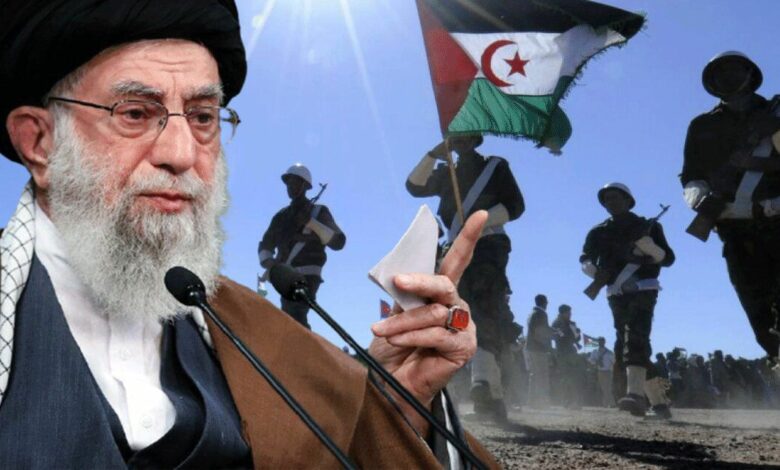
ALDAR / Meryem Hafiani
A report published on Townhall by independent analyst Emanuele Ottolenghi on September 5, 2025, highlights a surprising strategic alliance between the Polisario Front and Iran, incorporating the movement into what is referred to as the “Axis of Resistance.” Described by the author as “unnatural,” this cooperation nonetheless represents a major risk to regional stability.
This alliance, which brings together a secular, Sunni, and Marxist front with a regional Shiite actor, primarily reflects an opportunistic calculation. Iran sees it as an opportunity to expand its influence in the Maghreb and beyond, while the Polisario seeks immediate military and diplomatic support, without fully considering the consequences of its engagement for the region.
The report cites concrete evidence of this cooperation: Polisario fighters, trained by Iran, were intercepted in Syria after fighting alongside pro-regime militias. This direct involvement in the operations of the Iranian axis illustrates how Tehran instrumentalizes armed groups to serve its expansionist ambitions.
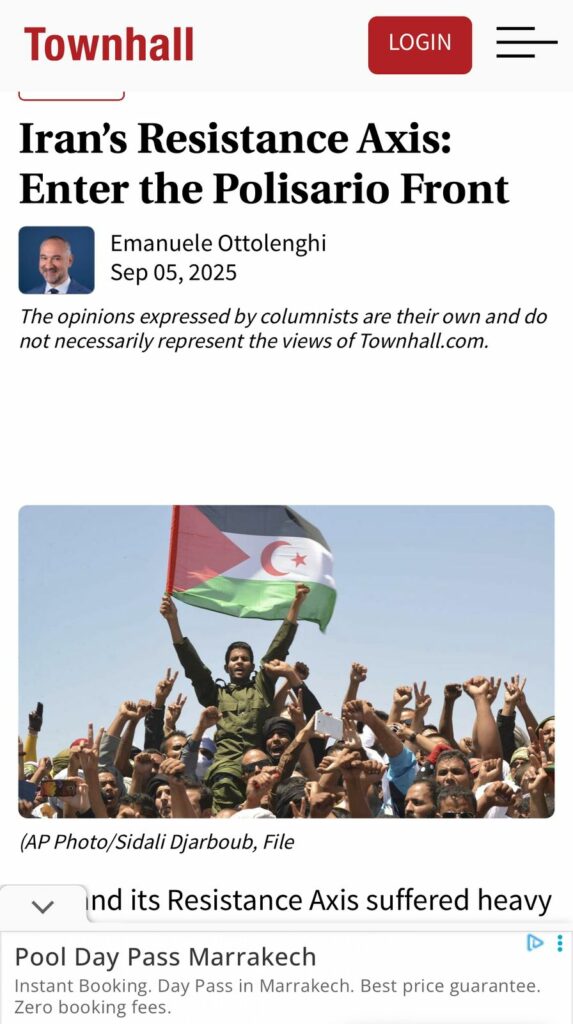 Ottolenghi also draws attention to the support of certain Western leftist movements, described as naive, which back the Polisario through an “intersectional” approach. By combining environmental causes, indigenous peoples’ rights, the Palestinian issue, and the Sahrawi right to self-determination, these currents unknowingly reinforce Iran’s military and ideological agenda.
Ottolenghi also draws attention to the support of certain Western leftist movements, described as naive, which back the Polisario through an “intersectional” approach. By combining environmental causes, indigenous peoples’ rights, the Palestinian issue, and the Sahrawi right to self-determination, these currents unknowingly reinforce Iran’s military and ideological agenda.
The report warns of the dangers of such an alliance. Embracing a romanticized vision of revolution could repeat Cold War mistakes, when some Western countries supported armed movements under the pretext of justice and liberation, only to later face unforeseen consequences. Today, Iran exploits anti-imperialist narratives to attract diverse movements worldwide, resonating with Western activists who mix legitimate causes with hidden military agendas.
Ottolenghi concludes that this alliance is not only a military challenge for Morocco but also a diplomatic and ideological issue. It reveals how Iran knows how to exploit the political naivety of the front and certain Western weaknesses. The international community is therefore called upon to critically assess this dynamic to prevent support for armed movements that serve foreign interests and threaten regional stability.

